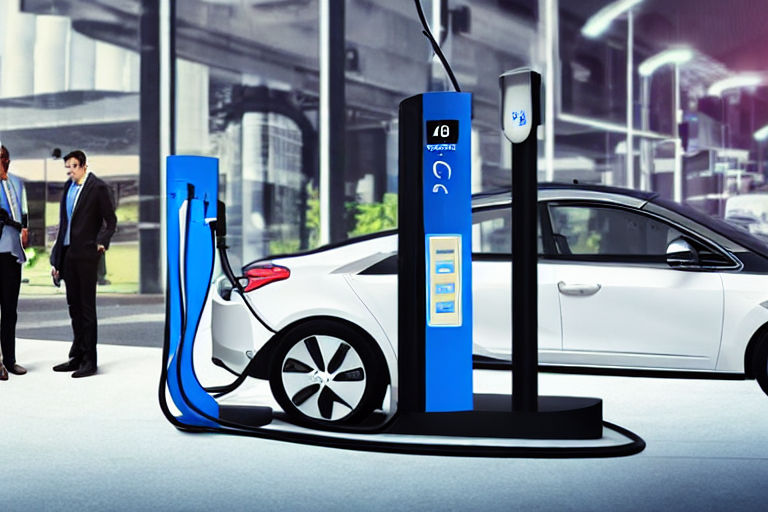The Future of Electric Vehicle Charging: Innovations and Challenges
Electric vehicles have been on the market for several years now, and their popularity is constantly growing. As more people switch to electric vehicles, the need for efficient and convenient charging solutions is becoming increasingly important. In this article, we will explore the innovations and challenges related to the future of electric vehicle charging.
Innovations in Electric Vehicle Charging
One of the main challenges of electric vehicle charging is the time it takes to recharge the battery. Current charging times can range from 30 minutes to several hours depending on the charging technology and the capacity of the battery. To address this issue, several innovations are being developed to reduce the charging time and improve the convenience for electric vehicle owners.
Fast Charging Stations
Fast charging stations are becoming more common in public areas, such as shopping centers, airports, and charging stations alongside highways. These stations use high-power chargers, which can provide a full charge in less than an hour. The downside of fast charging, however, is that it can cause battery degradation over time, so it may not be suitable for all electric vehicle owners.
Wireless Charging Technology
Wireless charging technology is also being developed for electric vehicles. This technology uses electromagnetic induction to transfer energy from a charging pad to the vehicle's battery. Wireless charging can offer several benefits, such as easier and more convenient charging, especially for urban dwellers who may not have access to a garage or a charging station near their home.
Vehicle-to-Grid (V2G) Technology
Vehicle-to-Grid (V2G) technology is an innovative solution that allows electric vehicles to not only receive energy but also to give it back to the grid. Essentially, electric vehicles act as mobile battery storage, absorbing excess energy and redistributing it back to the grid during times of peak demand. This technology can help stabilize the grid and reduce the need for additional power plants.
Challenges in Electric Vehicle Charging
Despite the many innovations in electric vehicle charging, several challenges still need to be addressed before electric vehicles can truly replace fossil-fueled cars.
Charging Infrastructure
The biggest challenge for electric vehicle adoption is the lack of charging infrastructure. Though there are more charging stations being built, there are not enough to meet the demand. Moreover, the pricing models for public charging stations are not always clear or straightforward. Addressing this problem will require significant investments in charging infrastructure and a clear regulatory framework for charging station operators.
Battery Capacity
While battery technology has improved significantly, electric vehicle batteries still do not provide the same range as fossil-fueled cars. Charging station availability is often dependent on the range of the electric vehicle, making long trips in electric vehicles impractical in many cases. This problem can be addressed through the development of more efficient battery technology that will provide longer ranges and faster charging times.
Affordability
Finally, the high cost of electric vehicles can be a barrier to wider adoption. While the prices of electric vehicles are falling, they are still more expensive than traditional cars. Battery costs are also high, and these costs are passed on to the consumer, making electric cars less affordable for many people.
Conclusion
The future of electric vehicle charging is promising, with many innovations being developed to reduce the time and cost of charging while making it more convenient for electric vehicle owners. However, several challenges still need to be addressed, such as the lack of charging infrastructure, battery capacity, and affordability. With the right investments in technology and infrastructure, electric vehicles have the potential to revolutionize transportation and have a positive impact on the environment.



